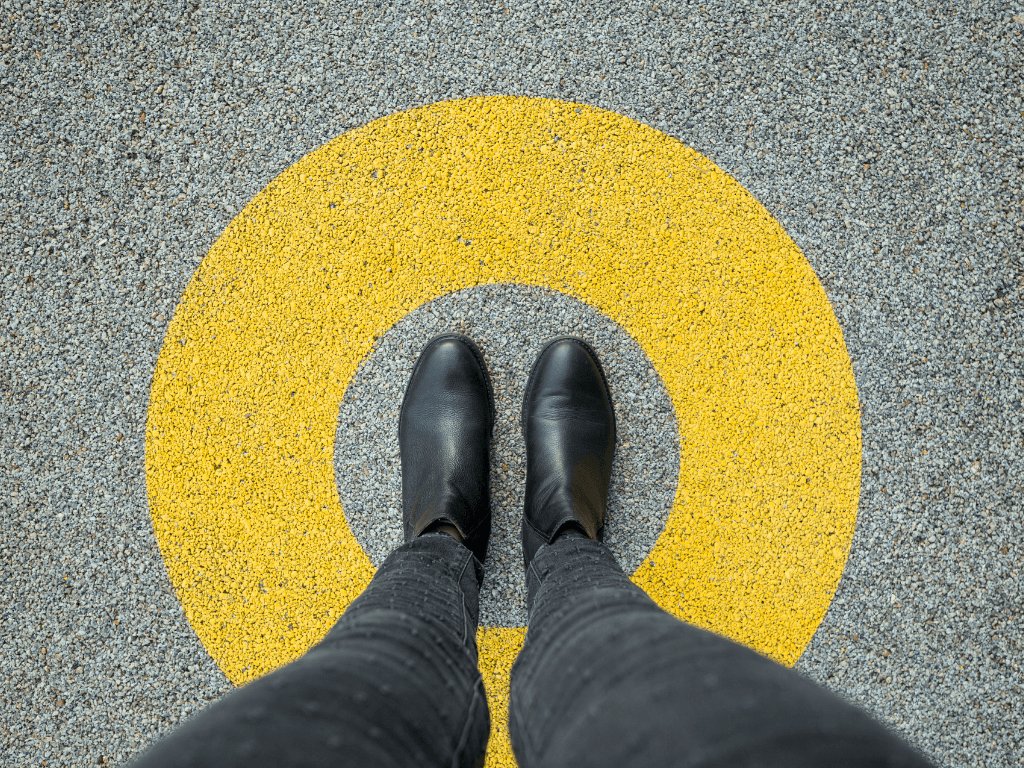What we refer to as our comfort zone becomes at times not quite so comfortable, as it is familiar. Old habits and behaviors that we struggle to transcend become impeded by the barriers of this comfort zone; which I now more aptly refer to as the familiar zone.
Typically, moving out of the familiar zone causes us disquiet if not outright distress or anxiety. When asked why we don’t engage the changes that we claim we seek, a common response that I encounter is, “It makes me anxious,” or “I feel uncomfortable doing that.” From this perspective we might consider that we need to shift our relationship with the discomfort.
Interested in bespoke marriage and relationship counseling from Mel Schwartz? Reach out!
I’ve enjoyed considerable success assisting people beyond this self-imposed boundary by asking them to alter their relationship with their disquiet. If the anxiety of moving into new terrain becomes our justification for maintaining old thinking and old behavior, we need to shift our relationship with this anxiety. Begin to look at the discomfort as your ally, as a signal that you’re venturing out of the familiar zone. If you’re comfortable, you’re likely stuck in the groove of old thought and old behavior.
Discomfort Becomes Our Ally
Just as working out and training our bodies into shape requires a certain discomfort, so does learning to free our behavior from the limitations of the familiar zone.
The familiar zone acts as a literal boundary which limits and contains our experiences. I had a walking therapy session with a young woman at the beach not far from my office, recently. She was particularly challenged with a social anxiety and tended to make herself reclusive. Trying to help her come out of the familiar zone triggered considerable anxiety. She therefore used her anxiety as a justification for not breaking out of his zone. I walked onto the sand with her and literally drew a circle around her, tracing the sand with a stick. I asked her to remain within that circle while I walked off to get some lunch and a drink. She protested and asked me if I were serious and of course I was only delineating the problem for her. Her life was metaphorically encircled by her avoidance of the stress of moving into the unfamiliar. She had a choice; succumb to avoiding the anxiety around movement or remain in her limited field and become more depressed.
Once we make some progress and move into the new landscape, we tend to rest with relief once we’ve expanded the boundary of our experience. The circle becomes a bit larger. And so we breathe a sigh of relief. Yet, the tendency is to be pulled back toward the familiar zone, almost as if there were a gravitational pull back toward the circle. The only way to counteract this influence is to perpetually expand further and further into new territory.
More from Mel Schwartz…
Podcast #113: Why Do You Need to Be Right?




